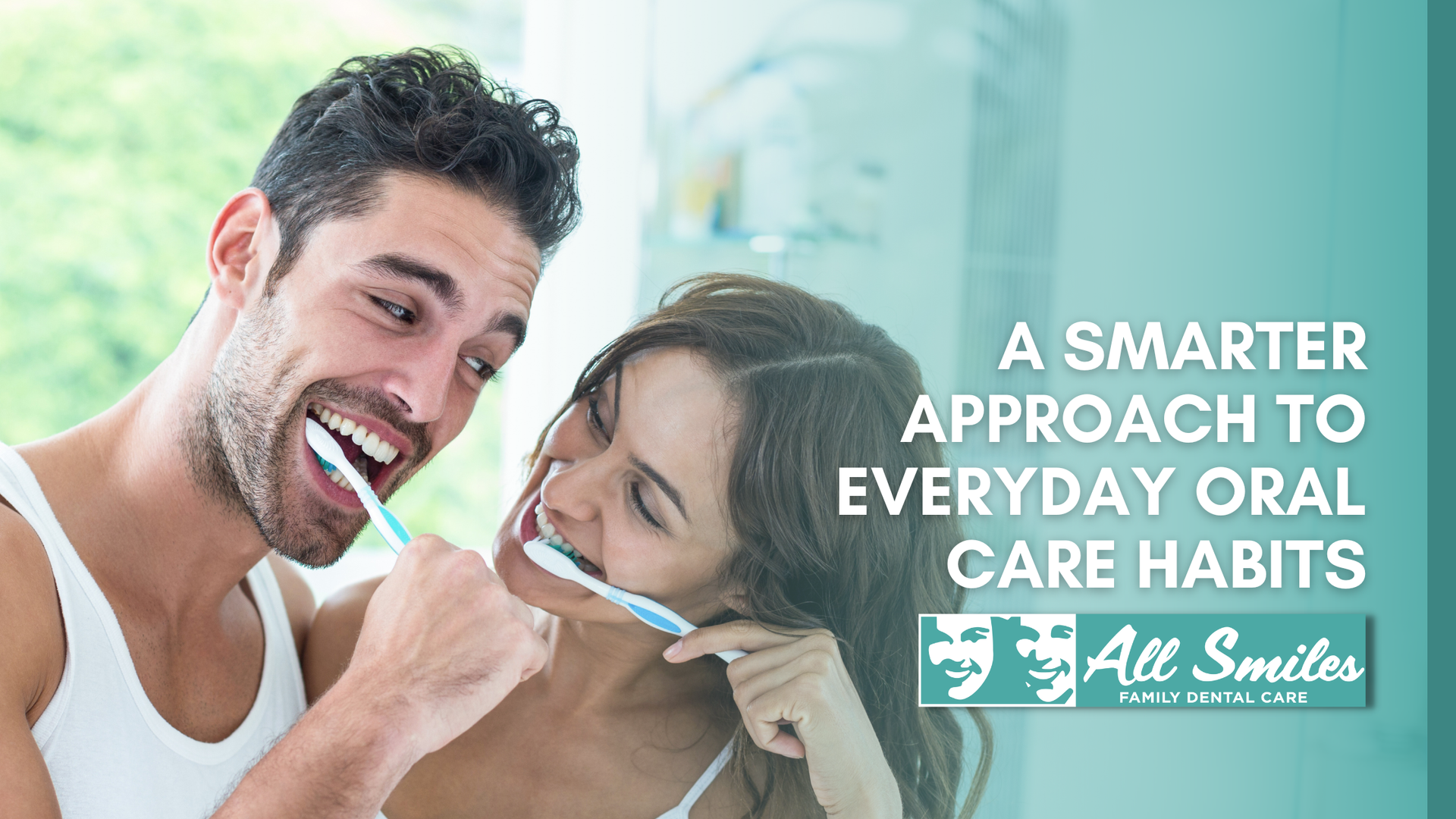Teeth Whitening for Sensitive Teeth: A Safe Approach
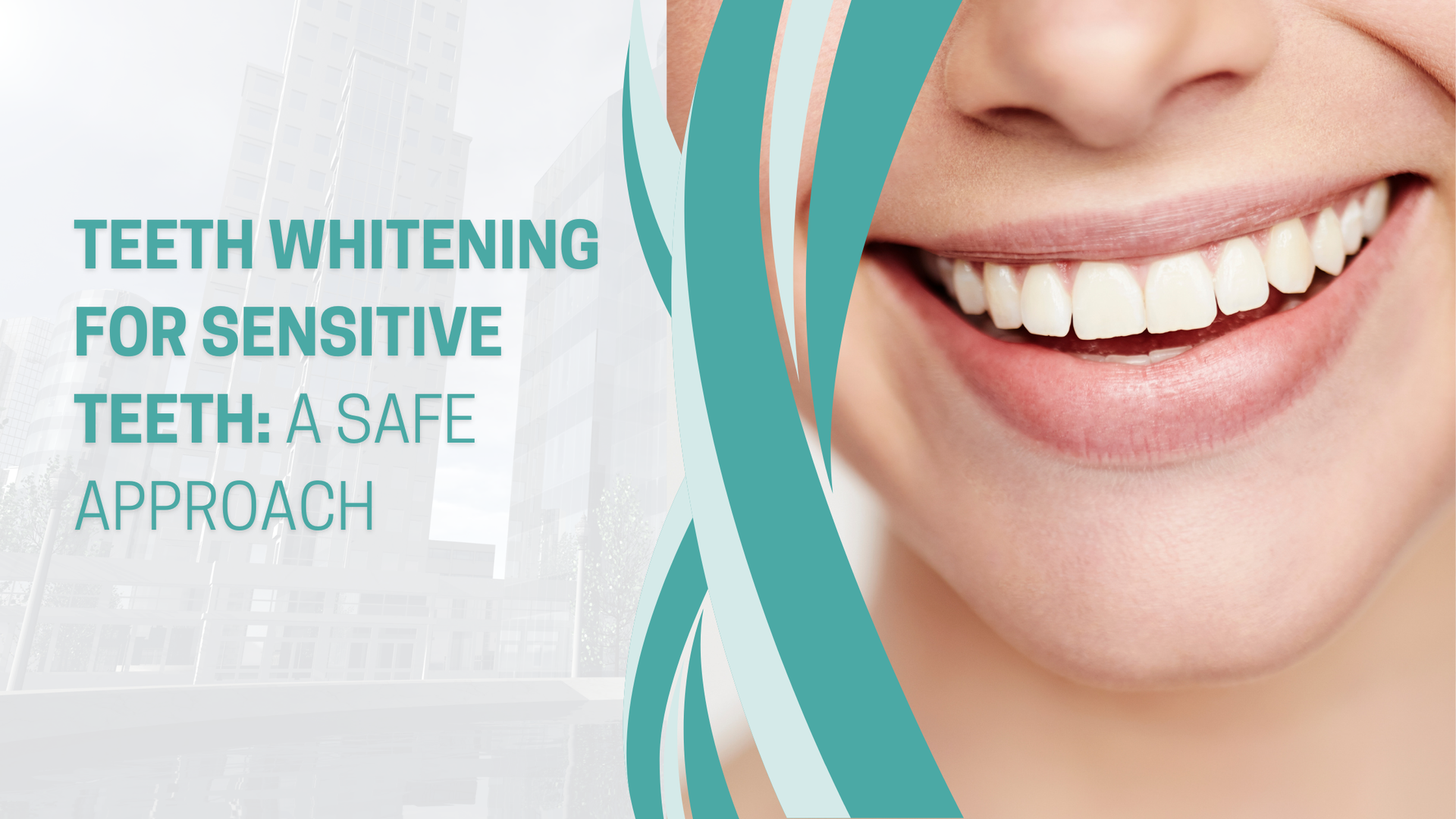
Source: Dr. Marketing
If you have ever winced while sipping a cold drink or biting into a warm dish, you know how uncomfortable tooth sensitivity can be. For many people, it is a daily reminder that something is off — and when it comes to cosmetic treatments like teeth whitening, that sensitivity can spark a big question: Is whitening even safe for me?
The answer is more nuanced than a simple yes or no. Teeth whitening can absolutely be safe for individuals with sensitive teeth — but the safety, comfort, and effectiveness all come down to how it is done, who does it, and how your dental health is managed before and after treatment. Let us explore what causes sensitivity, how whitening works, and what you should consider before brightening your smile.
What Causes Sensitive Teeth in the First Place?
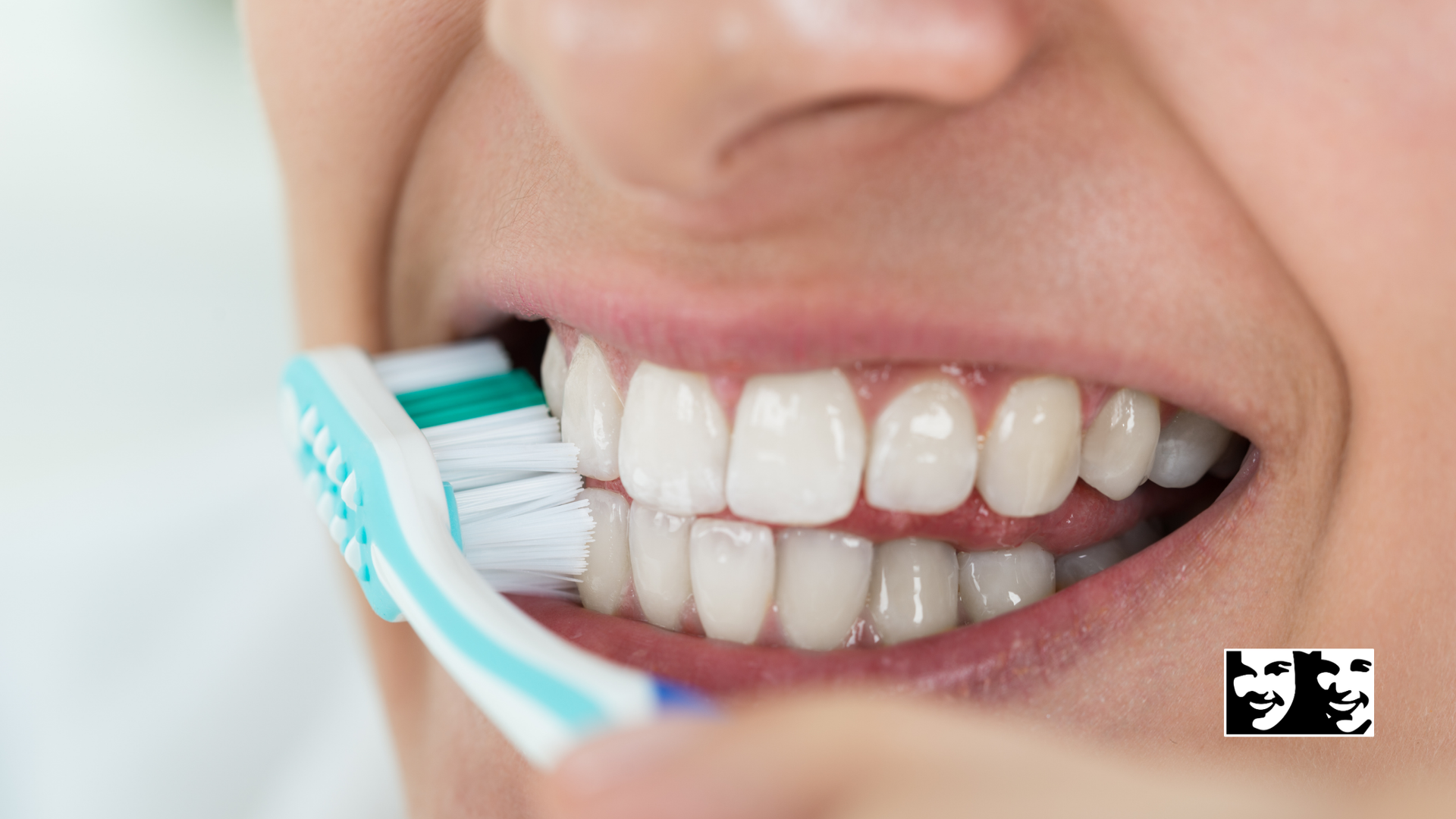
Tooth sensitivity often stems from weakened enamel or exposed dentin — the layer beneath the enamel that houses microscopic tubules leading to the tooth’s nerve center. These open channels allow stimuli (like heat or cold) to trigger discomfort or pain.
Common causes of sensitivity include:
- Brushing too aggressively
- Gum recession or periodontal disease
- Worn or eroded enamel
- Cracks, chips, or untreated cavities
- Overuse of over-the-counter whitening products
Unfortunately, people with sensitive teeth often avoid cosmetic procedures altogether — especially whitening — for fear of worsening the problem. But the truth is, professional guidance can make all the difference.
How Teeth Whitening Works — And Why It Affects Sensitivity

Whitening treatments work by applying hydrogen or carbamide peroxide to the tooth surface. These bleaching agents penetrate the enamel to break up stains and discoloration, leaving behind a brighter smile.
However, this same process can also increase sensitivity, at least temporarily. Here is why:
- Peroxide opens the tubules in the dentin, which can allow external stimuli to reach the nerves more easily.
- Over-the-counter products often lack proper safeguards and can be overused without supervision, leading to enamel weakening.
- Dehydration of teeth during treatment may also heighten discomfort.
But here is the key: Not all whitening methods are created equal, and sensitivity does not automatically disqualify you from treatment.
Whitening Safely: The Professional Advantage
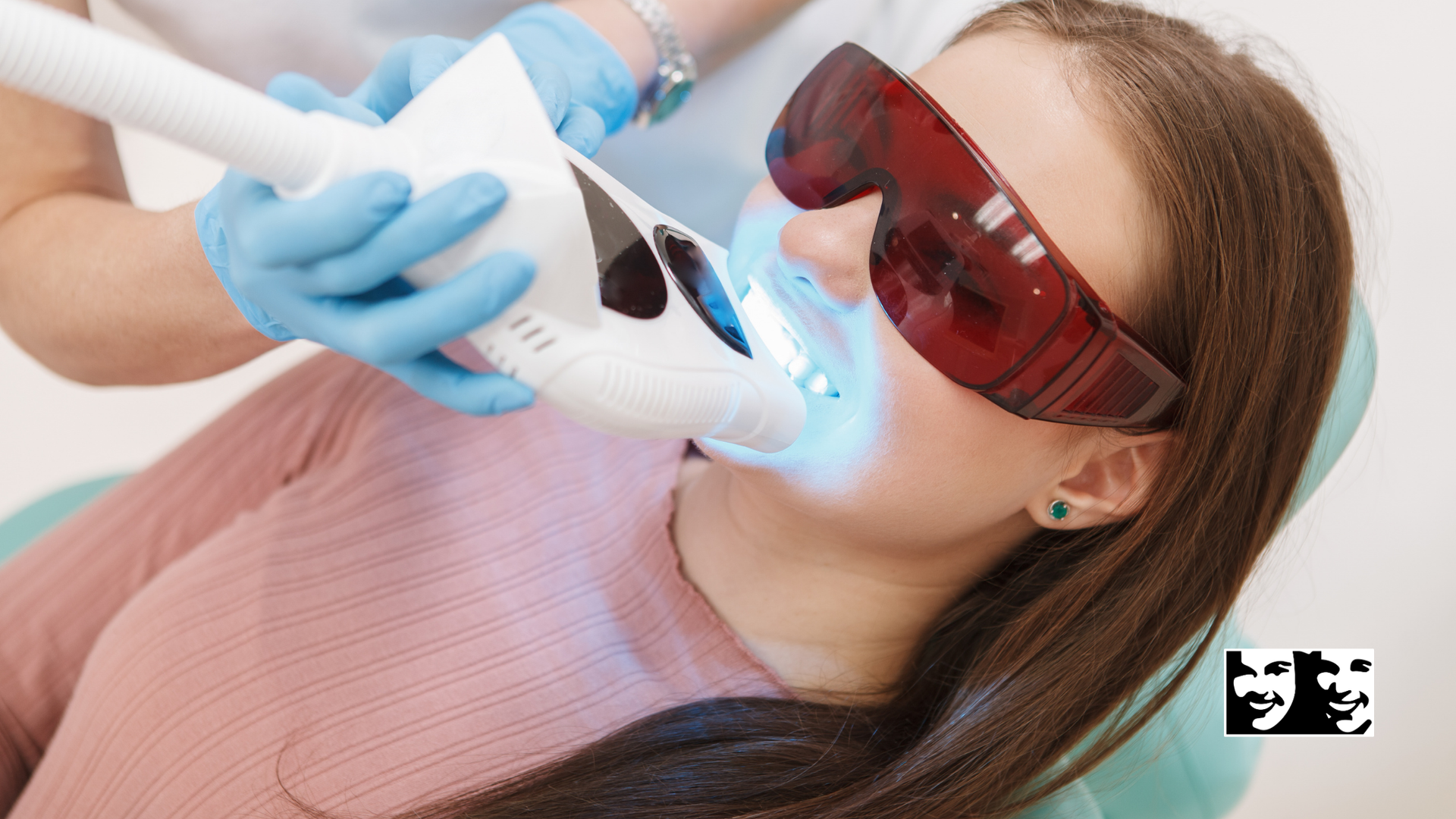
At All Smiles Dentistry in Lake Jackson, we approach whitening with a personalized plan, especially for patients with known sensitivity. Unlike store-bought products, professional whitening is customized for your comfort and oral health.
Here is what we do differently:
- Assess the Cause of Your Sensitivity First: Before we recommend any whitening solution, we determine what is behind your discomfort. If you have a cavity, worn enamel, or gum recession, we treat those first. Whitening comes second — and only when your teeth are ready.
- Use Desensitizing Agents: In-office treatments often include built-in desensitizers or fluoride-based gels to protect enamel and reduce post-whitening discomfort.
- Customize the Formula: The strength and duration of the whitening treatment are tailored to your sensitivity level. For some, a lower concentration applied gradually can be just as effective — and far more comfortable.
- Monitor Progress and Results: Whitening under dental supervision means we can track your comfort, adjust your plan, and ensure your smile brightens without unnecessary pain.
Cosmetic Dentistry and Sensitivity: What You Need to Know

Many people assume that sensitivity and cosmetic dentistry do not mix. But in reality, cosmetic procedures often reveal underlying issues — not cause them.
For example, patients using whitening strips from the drugstore may notice increased sensitivity because these products are applied without diagnosing underlying problems. Gum recession, cracks, or untreated decay go unnoticed — until peroxide makes them worse.
Professional whitening, on the other hand, takes a full-mouth view. When we plan cosmetic treatments at All Smiles Dentistry, we are not just focused on aesthetics. We are safeguarding your smile’s structure and your overall health. If whitening is not the right fit, we offer alternatives like veneers or bonding that can still enhance your smile without increasing sensitivity.
At-Home Whitening for Sensitive Teeth: Proceed with Caution
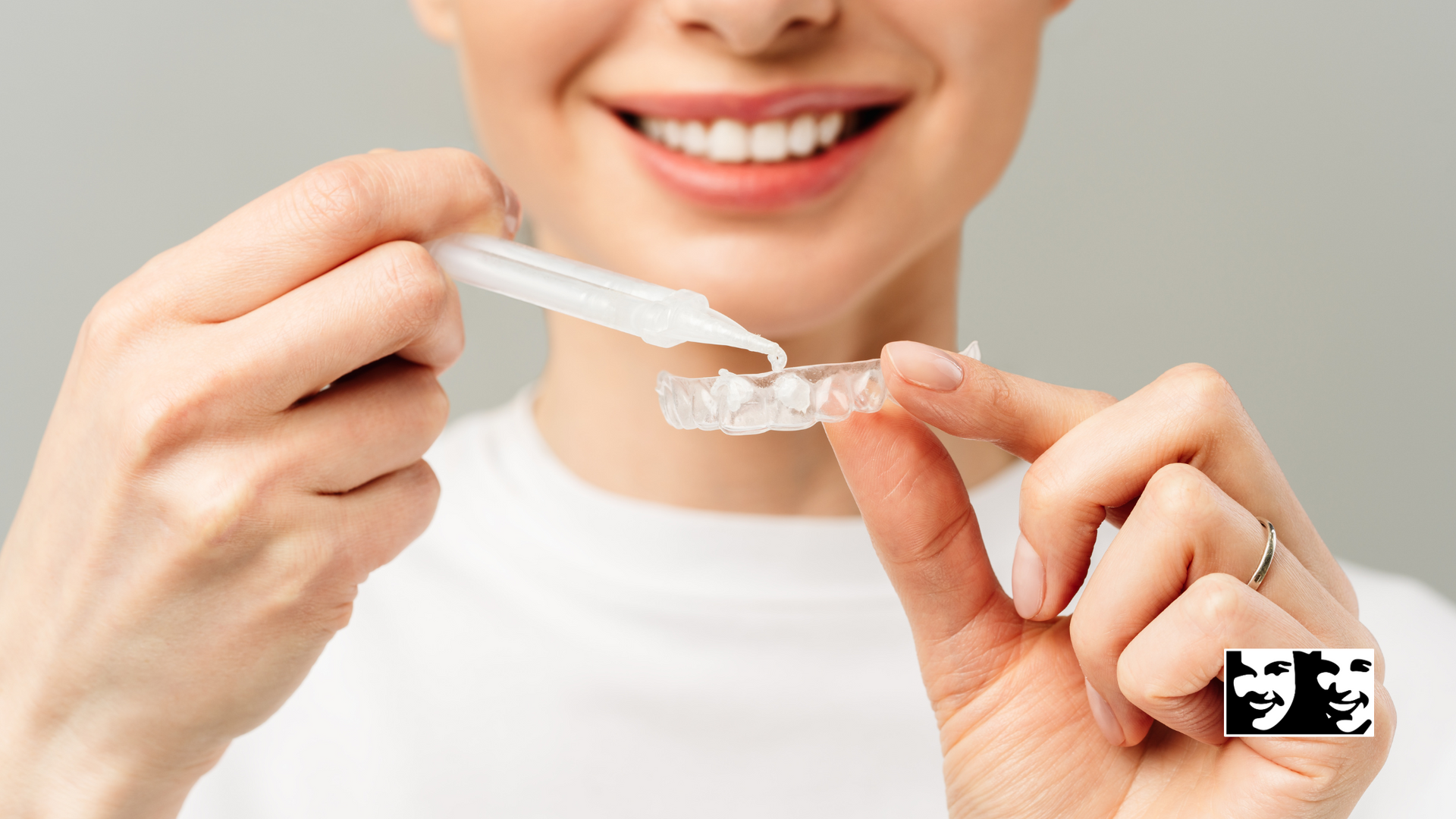
If you are considering at-home whitening kits, proceed carefully — especially if you already experience sensitivity.
Tips to reduce risk:
- Always consult your dentist before starting any whitening routine
- Avoid acidic foods and drinks before and after treatment
- Use toothpaste designed for sensitive teeth
- Choose lower-concentration products if recommended by your provider
- Do not whiten more frequently than advised
Even when using professional-grade at-home kits prescribed by your dentist, regular check-ins are essential to ensure your gums and enamel stay healthy throughout the process.
When to Avoid Whitening
In some cases, whitening should be postponed or skipped altogether:
- Active decay, gum disease, or enamel erosion should be addressed first.
- Pregnant or breastfeeding individuals should avoid chemical treatments.
- Children under 16 are generally not candidates for whitening due to underdeveloped enamel.
- Severe sensitivity or allergic reactions to peroxide may require alternate cosmetic options.
Sensitivity Is Manageable — So Is Whitening

Sensitivity is a common barrier to cosmetic dentistry, but it does not have to be permanent — or prevent you from having the confident smile you deserve.
At All Smiles Dentistry in Lake Jackson, we understand that tooth sensitivity can make the idea of whitening feel intimidating. That is why we do not take a one-size-fits-all approach. Instead, we take the time to understand your unique dental history, identify your sensitivity triggers, and discuss your cosmetic goals in detail. Whether you are dealing with enamel wear, receding gums, or past dental treatments, we tailor every whitening recommendation to prioritize both your comfort and results.
Our team uses professional-grade, sensitivity-friendly whitening options, often combined with desensitizing treatments or customized at-home kits designed specifically for your needs. Whether you are preparing for a special occasion or simply want to smile more freely day to day, we will guide you toward a whitening plan that works — without the worry.
Ready to Brighten Your Smile Safely?
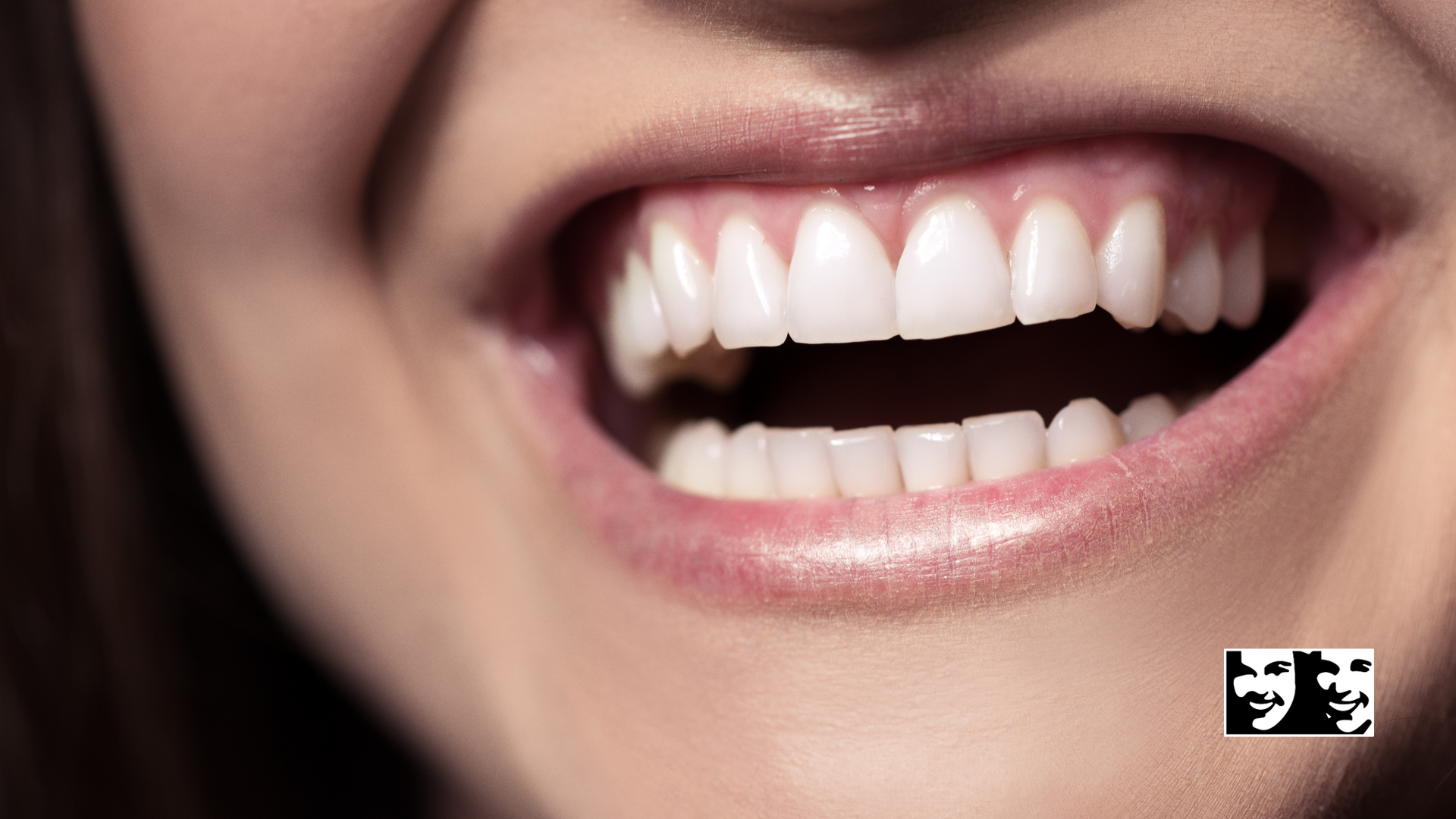
Tooth sensitivity should not stand between you and the smile you deserve. While many people hesitate to whiten their teeth for fear of discomfort, the truth is: with the right care, sensitivity can be managed, and whitening can be safe, effective, and comfortable.
At All Smiles Dentistry in Lake Jackson, we believe cosmetic dentistry should never come at the expense of your well-being. That is why we take a tailored, health-first approach to every whitening treatment — one that considers your comfort, goals, and long-term oral health.
If you have been hiding your smile because of stains or sensitivity, it is time to take the next step with confidence. Our team is here to help you uncover a brighter, healthier version of your smile — safely and professionally. Book your consultation today and let us show you how a brighter smile can still be a comfortable one.
